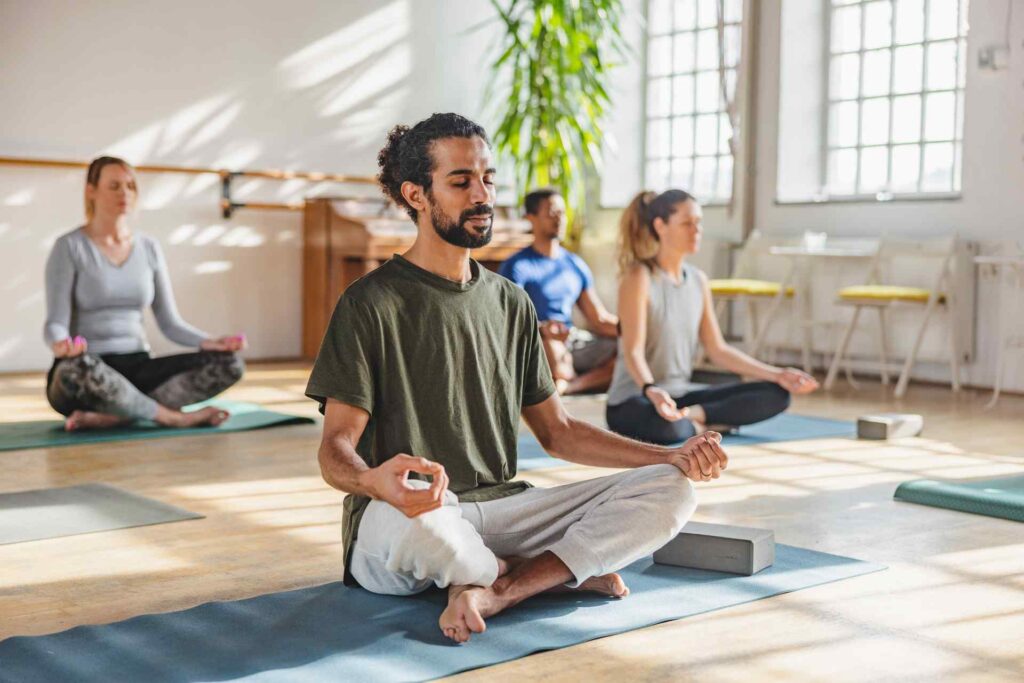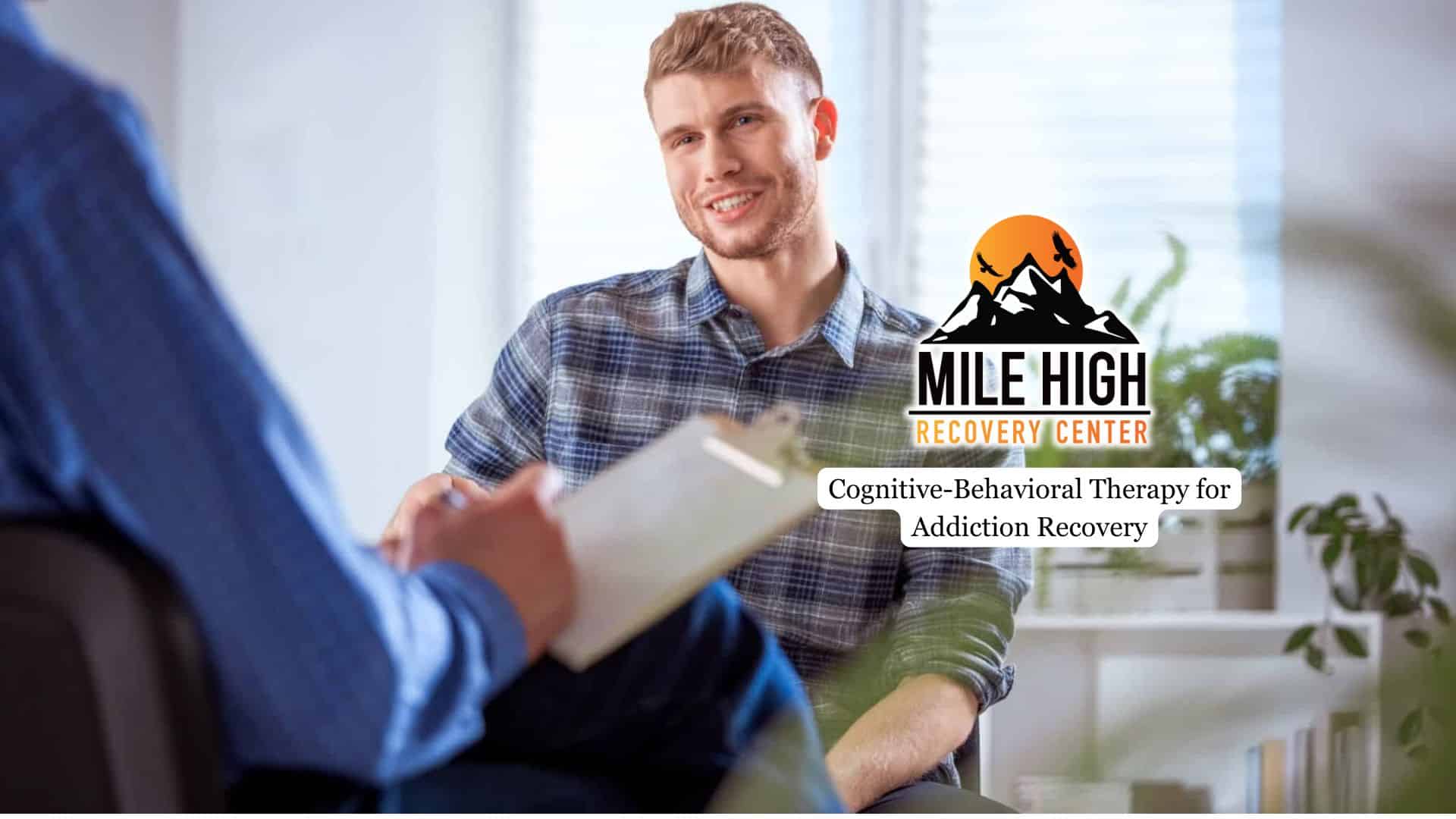Cognitive Behavioral Therapy (CBT) is a widely used, evidence-based approach in addiction treatment. As a form of psychotherapy, CBT helps individuals recognize and change negative thought patterns and behaviors that contribute to substance use.
This article dives into how cognitive behavioral therapy supports lasting recovery and why it plays a central role in modern addiction treatment.

Understanding Cognitive Behavioral Therapy
Cognitive Behavioral Therapy is a structured, goal-oriented form of therapy that focuses on identifying and restructuring harmful thoughts and behaviors. In the context of addiction treatment, CBT helps clients explore the connections between their thoughts, emotions, and actions—particularly those that lead to substance use or relapse.
CBT is grounded in the idea that distorted thinking patterns and maladaptive behavioral responses play a significant role in substance use disorders. By learning to challenge cognitive distortions and develop healthier coping strategies, individuals can make lasting changes in their recovery journey.
Benefits of Cognitive Behavioral Therapy in Addiction Treatment
CBT provides practical tools that clients can use throughout recovery, making it a highly effective treatment method. One of the key strengths of CBT is its focus on skill-building. Clients learn coping skills, communication skills, and cognitive restructuring techniques that reduce the likelihood of relapse.
Another major benefit is that CBT is evidence-based. According to the National Institute on Drug Abuse, behavioral therapies such as CBT are among the most effective treatments for substance use disorders. CBT has shown strong treatment outcomes in clinical settings, particularly in the treatment of drug and alcohol addiction, mood and anxiety disorders, and co-occurring mental health conditions.
CBT also supports treatment retention. Because it is goal-focused and results-oriented, many clients remain engaged in therapy sessions longer, which improves overall treatment outcomes.
Cognitive Behavioral Therapy Techniques for Substance Use Disorders
CBT incorporates a variety of techniques designed to reduce substance use and address the underlying causes of addiction. Some of the most common cognitive behavioral therapy techniques include:
- Cognitive Restructuring: This technique involves identifying and challenging negative thought patterns that contribute to drug or alcohol use. Clients learn to replace distorted beliefs with more realistic and positive ones.
- Behavioral Experiments: These help individuals test the accuracy of their beliefs by observing the real-world consequences of their actions. It promotes a cognitive-behavioral approach to learning.
- Skills Training: This includes teaching practical life skills such as problem-solving, emotional regulation, and effective communication to help clients manage triggers.
- Behavioral Strategies to Avoid Triggers: Clients learn to identify high-risk situations and develop strategies to avoid or cope with them without turning to substance use.
- Exposure Therapy: Though traditionally used for anxiety disorders, exposure therapy is sometimes incorporated into CBT for addiction to help clients face and manage fear-based triggers.
These techniques make CBT a comprehensive and adaptive treatment method for various forms of substance abuse, including alcohol use and drug use disorders.
The Role of CBT in Treating Substance Use and Co-Occurring Disorders
Many individuals with substance use disorders also struggle with anxiety, depression, or trauma. CBT addresses both the substance use and the underlying mental health conditions, making it a dual-diagnosis friendly approach.
The therapy focuses on how thoughts and emotions influence behaviors. For clients struggling with use disorder and co-occurring conditions, CBT provides a safe and structured framework for addressing multiple challenges simultaneously. This leads to better treatment outcomes and supports a more holistic recovery.
CBT also aligns well with other behavioral treatments and therapies, such as contingency management and cognitive-behavioral approaches for stimulant-dependent individuals. It is frequently used in both inpatient and outpatient settings.

Getting Started with Cognitive Behavioral Therapy
Beginning CBT as part of an addiction treatment program typically involves an assessment by a trained cognitive behavioral therapist. The therapist works with the client to identify treatment goals and design a personalized treatment plan.
In residential treatment settings like Mile High Recovery, CBT is integrated into daily programming and therapy sessions. Clients participate in individual and group therapy sessions that provide structure, support, and consistency throughout the treatment process.
Engaging in CBT for addiction treatment gives individuals the tools they need not just to stop using substances, but to build a healthier, more fulfilling life. These tools also play a critical role in aftercare, providing structure and coping strategies long after formal treatment ends. The therapy focuses on sustainable change, helping people break the cycle of relapse and move toward lasting recovery.
Final Thoughts from Mile High Recovery
At Mile High Recovery, we use cognitive behavioral therapy as a foundational part of our evidence-based treatment approach. Our residential program in Denver, Colorado integrates CBT into a supportive, community-focused environment where clients are empowered to heal. With experienced staff and a commitment to holistic care, we help individuals overcome addiction and create meaningful, lasting recovery.









